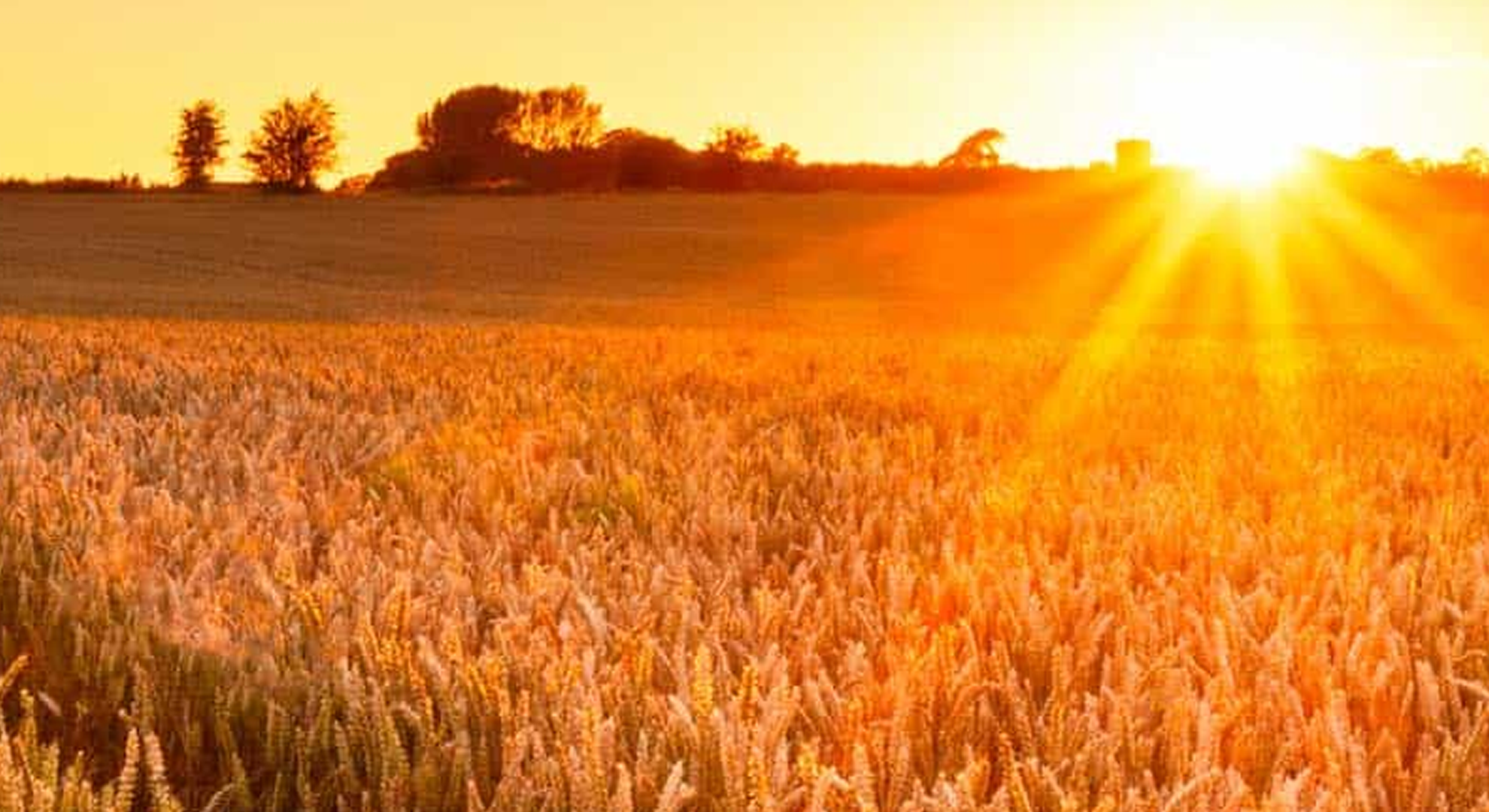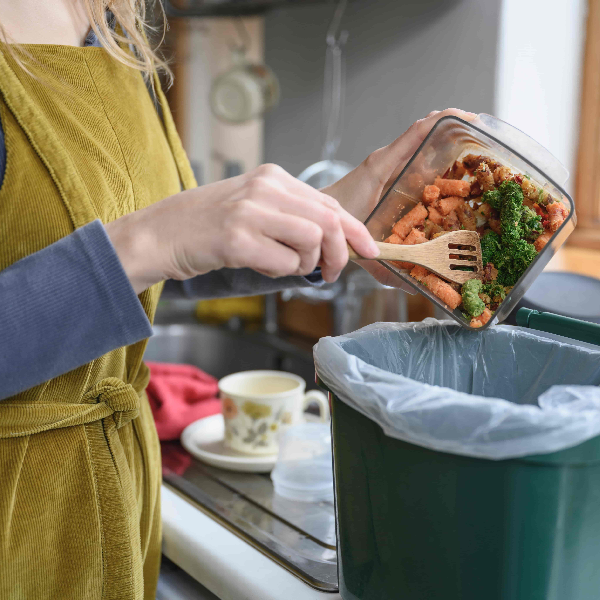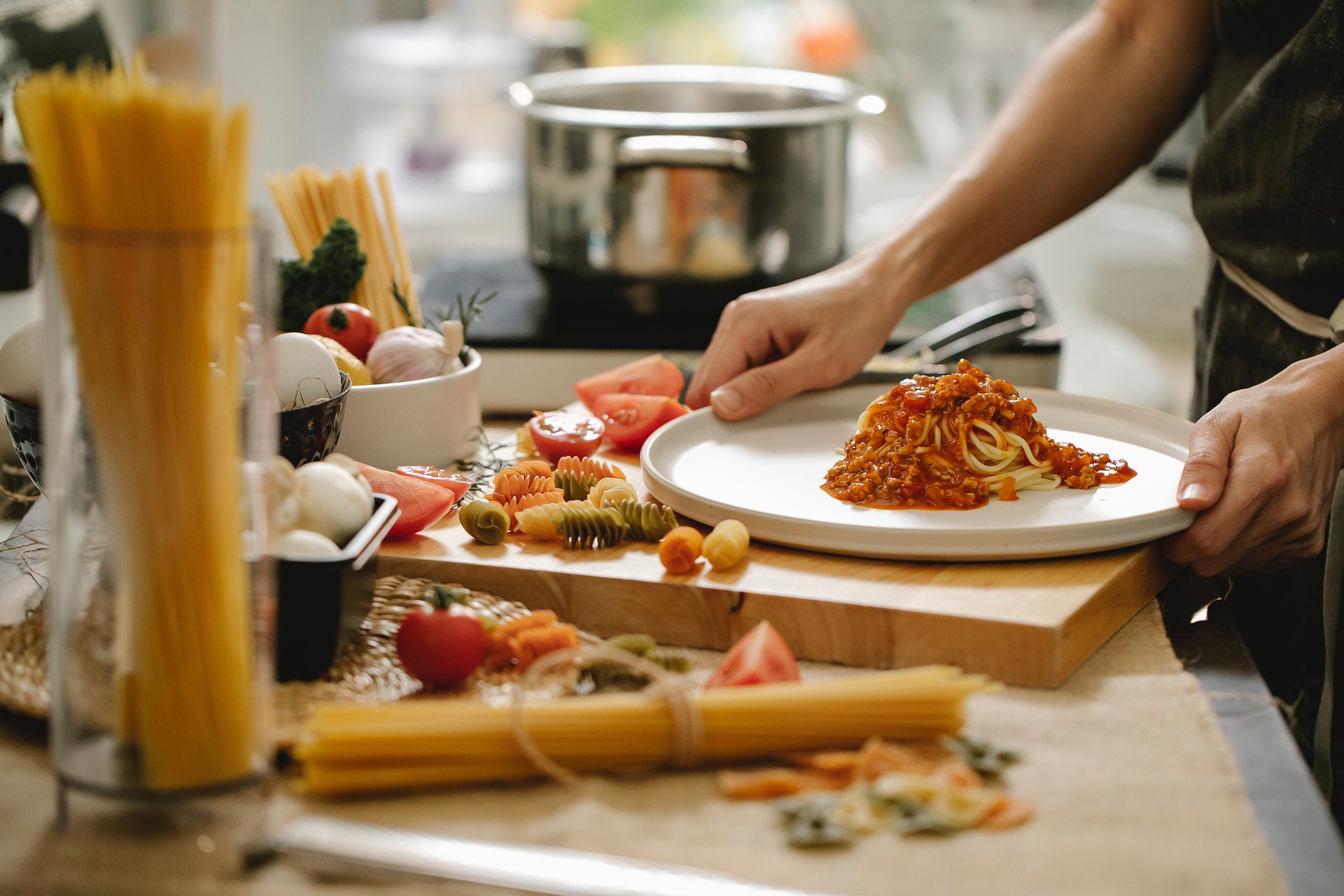
The Future of Food: Lessons from the latest protein strategies
Food, from what we grow, produce, and catch, to what we put on our plates as well as waste, is one of the biggest contributors to climate change and biodiversity loss.
Governments around the world have been developing a diverse range of strategic sustainable protein plans aimed at meeting those interlinked needs. Further detailed information on these strategies, of which there were seven, is available in our Future of Food (Stage One): Sustainable Protein Strategies from Around the World report, and also from our The Future of Food: Unlocking the Benefits of Scotlands Circular Bioeconomy event summary.
Although each strategy was unique with reference to geography, climate, culture, and other factors, they all share several common characteristics:
- Increase domestic protein production;
- Consolidate and accelerate integrated supply chains;
- Enable legislative and regulatory reform;
- Leverage funding support;
- Advance the bioeconomy.
With specific reference to this report, both France, one of the first countries to adopt this approach through a plant protein strategy (2014), and the Netherlands which followed the EU strategy (2018) have recently updated their national strategies (December 2020 and January 2021 respectively) which explore, learn from and build upon the previous iterations as part of the pandemic recovery measures. Further to this, the Belgian County of Flanders has also published a regional strategy of interest. Read the full report to explore these latest developments.






